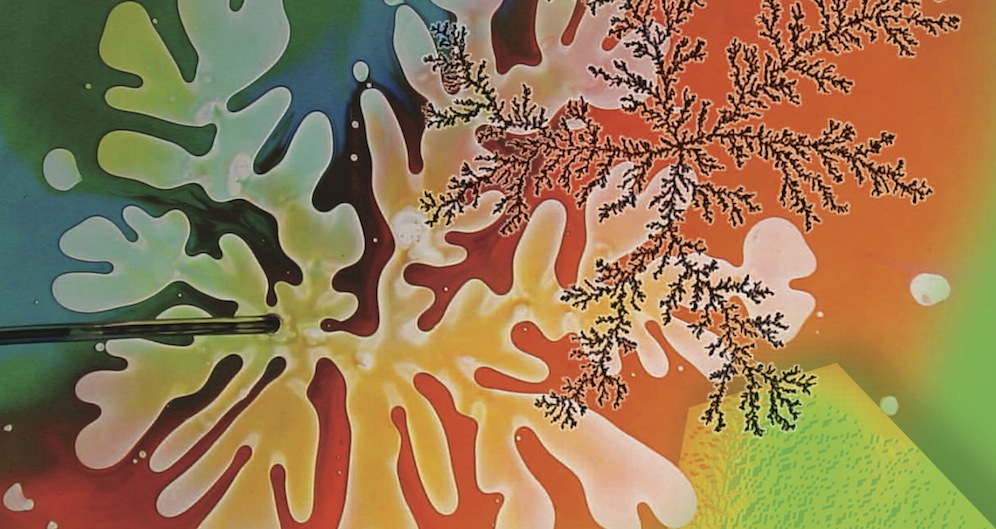
The main areas of research of the group are:
Most members of the program are also members of the CRM Mathematical Physics Laboratory.
It is expected that students entering the program have an adequate preparation in both physics and mathematics. The normal requirement is either a master's degree or the equivalent of a Canadian honours degree in one of the two disciplines, with strong preparation in the other. The following is a list of subjects with which the incoming student is assumed to have familiarity at this level.
Besides the specific courses offered this year, the following general framework of courses is recommended to students doing their degrees within this program. The needs and background of each individual student will determine which of these courses is required; the choice and timing should be determined in consultation with the student's thesis advisor. In any particular year, these courses might be offered at only one of the participating universities, but the titles and course numbers are listed in order to facilitate cross registration. In the following, an asterisk (*) signifies a (Master's level) course that is obligatory for all students in the programme, and (*m) signifies a course that is obligatory for students who have not already completed the equivalent at a level equivalent to an honours level undergraduate degree. The following notation is used to distinguish the level and frequency of courses offered:
(*) 1. Mathematical methods in physics (A, b)
(*m) 2. Mathematical quantum mechanics (A, b)
(*m) 3. Analytical mechanics (B, b)
4. Quantum field theory (A,i)
5. Statistical mechanics (A, i)
6. General Relativity (B, b)
7. Selected Topics in Mathematical Physics (C, s)
8. Lie algebras and groups (A, b)
9. Differentiable manifolds (A, b)
10. Functional analysis (A, b)
11. Differential equations (A, i)
Target Audience: Second-degree mathematics/physics undergraduates - PhD students
This course introduces several of the principal geometric structures relevant to the description of classical mechanics and classical field theories. Basic knowledge of differential geometry is assumed, including vector and principal bundles, Poincaré's lemma, and calculus on manifolds. Half of the course delves into standard topics in symplectic, Poisson, and Dirac geometry, while the latter segments focus on structures pertinent to contemporary research problems. These include contact and multisymplectic geometry, along with their Marsden-Weinstein reductions. Notably, contact geometry has experienced a revival in recent years, with significant attention directed toward its application in the study of Hamiltonian systems. Additionally, its analogue for field theories, k-contact geometry, has also attracted interest. I will review modern attempts at devising a multisymplectic reduction, which has remained unsolved for approximately three decades. More information on the subject can be found at https://delucasaraujo.wixsite.com/uniwersytet/blank-2.
Room 5448, Pavillon André-Aisenstadt
Université de Montréal
Fridays, 10:30-12:30
September 8 - December 15
L'objectif du concours est de présenter les notions principales de résolution des équations aux dérivées partielles (EDP). Dans ce cours, nous présentons les sujets suivants :
EDP non linéaires du premier ordre. Solutions à l'aide de la méthode de Monge (description analytique du cône de Monge et le ruban caractéristique). Intégration complète et le crochet de Jacobi (méthode de Charpit et méthode de Jacobi), Méthode de Lagrange pour les équations de Hamilton-Jacobi.
EDP du deuxième ordre hyperbolique, elliptique et parabolique. Classification des EDP du second ordre par la méthode de Beltrami, Théorème d'existence des solutions et théorème de Cauchi-Kowaleska, Intégrale intermédiaire pour les équations linéaires de type hyperbolique, Résolution par la méthode de cascade de Laplace, Méthode d'intégration de Riemann, Problème de Sturm-Liouville et polynômes orthogonaux, Méthode de la moyenne sphérique, Méthode d'Hadamard et le principe de Duhamel, Fonction de Green et solution fondamentale.
Système quasilinéaire du premier ordre. Solution de rang 1 (ondes de Riemann), Superposition des ondes de Riemann (Solution de rang k>1), Systèmes en involution, Estimé du degré de liberté d'une solution au sens de Cartan.